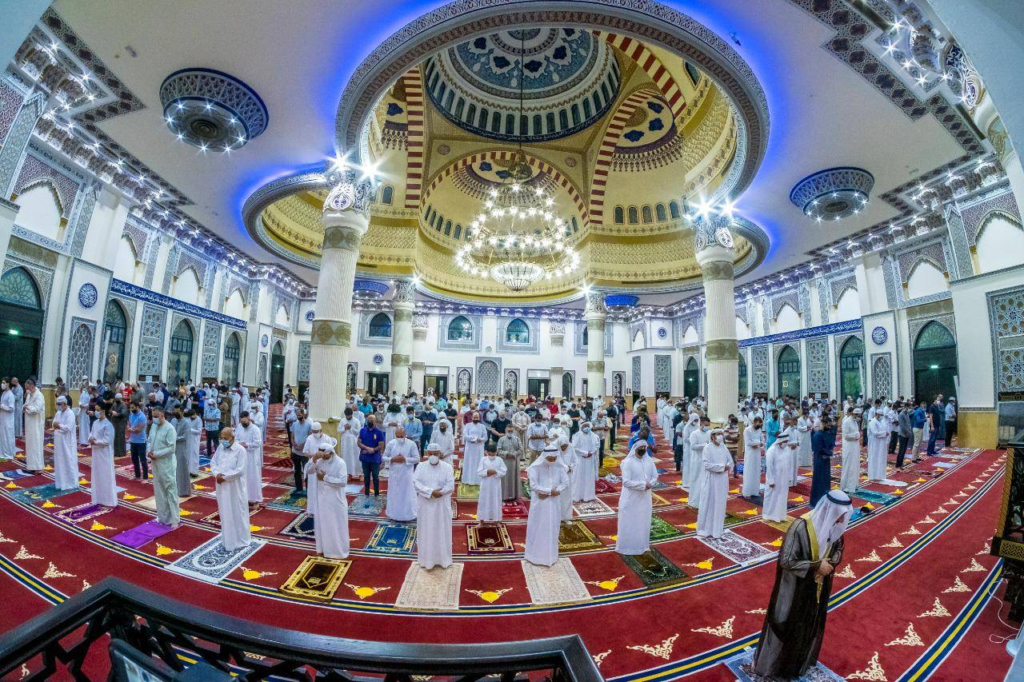As temperatures soar above 50°C in the UAE, mosques across the country are shortening Friday sermons and prayers to just 10 minutes from June 28 to October. This change aims to help worshippers stay comfortable during the scorching summer months, especially when many pray outside due to crowded mosques.
Coping with Summer Heat
During Fridays, Muslims gather for Jum’uah prayers, which are particularly significant in Islamic practice. With mosques filling up quickly, it’s common to see worshippers praying in courtyards under the hot sun.
Details: Friday sermons normally range from 10 to 20 minutes, followed by congregational prayers. The decision to limit them to 10 minutes follows Islamic teachings that emphasize concise communication, as practiced by Prophet Muhammad (PBUH).
Positive Community Response
Mohammed Yaseen, a Syrian expat in Dubai, welcomed the change, recalling past experiences of praying in the heat outside the mosque. He believes shorter sermons will make a big difference for worshippers.
Also read: UAE Launches Comprehensive Campaign To Combat Heat Exhaustion
Insights from Religious Leaders
Imams like Ayaz Housee from Dubai stress the importance of meaningful yet brief sermons. He explains that while the sermon is crucial, delivering it succinctly respects worshippers’ time and comfort, especially in challenging weather.

Impact and Implementation: The General Authority of Islamic Affairs and Endowments in the UAE clarified that this measure aims to protect community health during extreme weather. Similar policies have been adopted in Saudi Arabia, where Friday prayers at the Two Holy Mosques are also shortened during summer.
Weather Conditions and Concerns
Recent days in the UAE have seen temperatures exceeding 50°C, with forecasts indicating continued heat throughout July and August. These months officially mark the peak of summer, posing significant challenges for worshippers attending outdoor prayers.
The UAE’s decision to limit Friday sermons to 10 minutes during summer underscores a commitment to community welfare and religious practice. By prioritizing worshippers’ comfort and safety, authorities and religious leaders uphold Islamic values while adapting to environmental conditions.
This initiative is expected to ease the strain on worshippers attending outdoor prayers, ensuring they can observe their faith without risking their well-being. It sets a precedent for addressing practical challenges in the community while respecting religious traditions.












Leave a comment